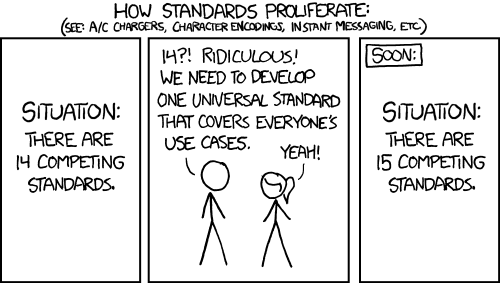Do you think that the English language could do with a spelling reform to make it easier to work out how a word is pronounced from how it is spelt? This would make it easier for foreigners trying to learn English. By far the biggest stumbling block for them at the moment is o-u-g-h, which has at least seven different pronunciations:
"ur" as in borough or thorough
"o" as in although or furlough (not a word that was used much until the Covid pandemic!)
"oo" as in through (the American spelling of through, thru, is more phonetic, though (or should it be tho or thoe?))
"ou" as in drought or Slough
"aw" as in ought or bought
"off" as in cough
"uff" as in rough
There are several other examples of letters or combinations of letters that aren't always pronounced the same way, such as "wh" which is sometimes pronounced like "w" as in which and sometimes like "h" as in whole (which should maybe be spelt "hoal" or "holl" to distinguish it from "hole" as in a hole in the road). Some people pronounce both the "w" and the "h" when saying words such as which, but they often pronounce it as if the "h" were before the "w".
I would guess that if the English language were to have a spelling reform, then all the English speaking countries in the world would have to collectively agree to it. Or one country could actively try to encourage the other countries to follow suit.
The Wikipedia entry on spelling reform makes interesting reading:
 en.m.wikipedia.org
en.m.wikipedia.org
This thread on spelling and Americanisms from 2011 is also interesting: https://www.railforums.co.uk/threads/spelling-and-americanisms.56657/
"ur" as in borough or thorough
"o" as in although or furlough (not a word that was used much until the Covid pandemic!)
"oo" as in through (the American spelling of through, thru, is more phonetic, though (or should it be tho or thoe?))
"ou" as in drought or Slough
"aw" as in ought or bought
"off" as in cough
"uff" as in rough
There are several other examples of letters or combinations of letters that aren't always pronounced the same way, such as "wh" which is sometimes pronounced like "w" as in which and sometimes like "h" as in whole (which should maybe be spelt "hoal" or "holl" to distinguish it from "hole" as in a hole in the road). Some people pronounce both the "w" and the "h" when saying words such as which, but they often pronounce it as if the "h" were before the "w".
I would guess that if the English language were to have a spelling reform, then all the English speaking countries in the world would have to collectively agree to it. Or one country could actively try to encourage the other countries to follow suit.
The Wikipedia entry on spelling reform makes interesting reading:
Spelling reform - Wikipedia
This thread on spelling and Americanisms from 2011 is also interesting: https://www.railforums.co.uk/threads/spelling-and-americanisms.56657/

